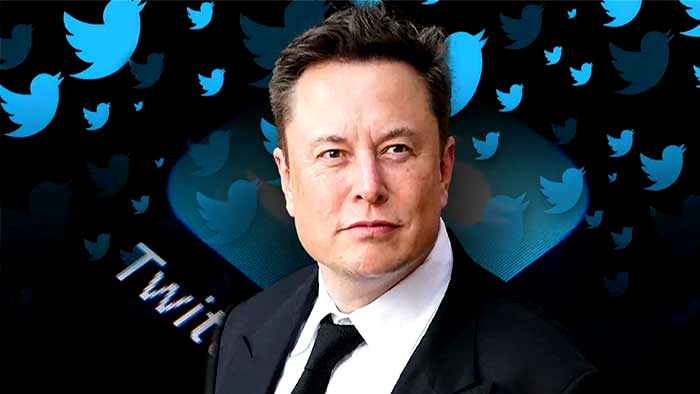Elon Musk put back on Twitter the accounts of a few journalists who had their accounts taken away for a day because they published public information about a billionaire’s plane.
The suspensions were so unusual that government officials, advocacy groups, and journalism groups from all over the world criticised them harshly on Friday. Some of them said that the microblogging platform was threatening press freedom.
Musk later did a Twitter poll, which showed that most of the people who answered wanted the accounts back right away.
Related: Elon Musk’s team is looking for more money for Twitter.
“People have been heard. “Accounts that doxxed my address will no longer be suspended,” Musk said on Saturday in a tweet.
A request for comment from Reuters was not answered right away by Twitter. A check by Reuters showed that the accounts of journalists from the New York Times, CNN, and the Washington Post that had been suspended had been fixed.
France, Germany, Britain, and the European Union all had officials say that the suspensions were wrong.
Critics say that the episode, which a well-known security researcher called the “Thursday Night Massacre,” is more proof that Musk, who calls himself a “free speech absolutist,” is getting rid of speech and users that he doesn’t like.
Shares of Musk’s electric car company Tesla (NASDAQ:TSLA), which is led by Musk, fell 4.7% on Friday and had their worst weekly loss since March 2020. Investors are worried that Musk is getting distracted and that the global economy is slowing down.
Roland Lescure, the French minister of industry, said on Twitter on Friday that he was going to stop using Twitter because Musk had banned journalists.
Melissa Fleming, who is in charge of communications for the UN, tweeted that the suspensions “deeply disturbed” her and that “media freedom is not a toy.”
The German Foreign Office told Twitter that moves that hurt press freedom were not okay with them.
ELONJET
The suspensions happened because of a disagreement about a Twitter account called ElonJet. This account used public information to track Musk’s private plane.
Even though Musk had said in a previous tweet that he wouldn’t shut down ElonJet in the name of free speech, Twitter shut down the account and others like it on Wednesday.
Shortly after that, Twitter changed its privacy rules so that “live location information” couldn’t be shared.
Then, on Thursday night, Twitter suddenly banned several journalists, including ones from the New York Times, CNN, and the Washington Post.
Ella Irwin, Twitter’s head of trust and safety, sent an email to Reuters late last night saying that the team looked at “any and all accounts” that broke the new privacy rules by posting direct links to the ElonJet account.
“I understand that the focus seems to be mostly on journalist accounts, but we applied the policy to both journalist and non-journalist accounts today,” Irwin said in an email.
In a statement released on Friday, the Society for Advancing Business Editing and Writing said that Twitter’s actions “violate the spirit of the First Amendment and the principle that social media platforms will allow the spread of information that is already in the public square without censorship.”
Musk said that the reporters posted his real-time location, which is “basically assassination coordinates” for his family.
Related: PayPal has turned into a Black Mirror episode, starring Elon Musk.
The billionaire made a short appearance in a Twitter Spaces audio chat that was hosted by journalists. The chat quickly turned into a heated debate about whether the suspended reporters had really broken the rules by revealing Musk’s real-time location.
“If you dox, you get suspended.” No more to say: “Musk said over and over again when asked questions.” “Doxing” someone means putting out private information about them, usually with bad intentions.
Drew Harwell of the Washington Post, who had been suspended but was still able to join the audio chat, pushed back against the idea that posting a link to ElonJet had given away Musk or his family’s exact location.
Soon after, BuzzFeed reporter Katie Notopoulos, who was hosting the Spaces chat, tweeted that the audio session had been abruptly cut off and that the recording was not available.
Musk explained what had happened and why “a bug in Legacy is being fixed” in a tweet. “I should have to go to work tomorrow.”

